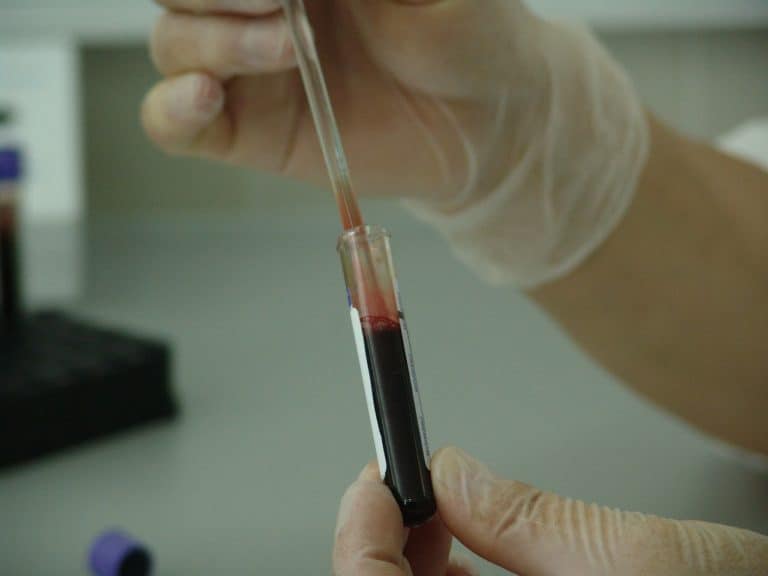While androgen deprivation therapy is the mainstay of prostate cancer treatment today, targeted therapy offers additional treatment options when men develop castration resistant prostate cancer.
Prostate cancer is considered a progressive disease with initial treatments targeting androgens, the predominate male hormones (such as testosterone) that allow prostate cancer to grow and spread. As a result, the initial therapies, either surgical or medical, are anti-androgen. Eventually almost all prostate cancer progresses and requires additional treatment.
Despite progression, many prostate cancers still respond to therapy targeting androgen pathways. Identification of both additional androgen and non-androgen pathways has led to the development of other targeted therapy options for the treatment of castrate resistant prostate cancer.
Anti-androgen targeted therapy
- Zytiga (abiraterone acetate). This targeted therapy is different from many others. Zytiga is an oral medication that was shown to be clinically useful and improve overall survival in a phase III clinical trial that led to its FDA approval for use in patients that had been previously treated with docetaxel (Taxotere). Zytiga inhibits CYP17, one of the enzymes that is essential to produce androgen production.
- Orteronel (TAK–700). This is an investigational treatment that more specifically inhibits CYP17. This novel treatment successfully reduced PSA levels to less than 2 ng/mL and by more than 50% in 16% and 76%, respectively, in a Phase I/II clinical trial. Phase III trials investigating orteronel in patients who have already received docetaxel (Taxotere) or are treatment naive are ongoing.
Androgen receptor inhibitor
Xtandi (enzalutamide) is an oral therapy that competitively binds to androgen receptors to inhibit multiple steps in the androgen receptor signaling pathway. Specifically it competitively inhibits androgen binding to androgen receptors. It inhibits the translocation of activated androgen receptors into the cell’s nucleus and inhibits androgen receptor interaction with DNA. In a phase III trial of men previously treated with docetaxel (Taxotere) that led to its FDA approval, Xtandi improved survival by approximately 4.8 months. Additional clinical trials in chemotherapy naive patients are ongoing.
Angiogenesis targeted therapy
Angiogenesis is part of the process that is essential for tumors to grow. Inhibiting angiogenesis may lead to improved clinical outcomes by slowing or preventing the growth of prostate cancer.
Bevacizumab (brand name Avastin) is a monoclonal antibody that inhibits angiogenesis. A monoclonal antibody is a specific antibody engineered against specific types of cells designed to produce an immune response. Phase III trials using bevacizumab have not demonstrated a survival advantage for patients with castration resistant prostate cancer.
Targeted therapy by modulating the immune system
Provenge (sipuleucel-T) for castration resistant prostate cancer takes your own immune cells, treats them, and then reinfuses them into your system, much like receiving a blood transfusion. The treatment targets APCs, or antigen presenting cells, that help your body stimulate T cells that attack and destroy prostate cancer cells. In one phase III trial of men with asymptomatic, chemotherapy naive patients with castration resistant prostate cancer that helped obtain its FDA approval, survival was improved by approximately four months.
Targeted therapy with virus-based vaccines
Viruses have promise as an immunotherapy because they are highly immunogenic and can significantly increase gene expression of viral agents used to target prostate cancer. Prostvac-VF uses a viral vector to target PSA or prostatic specific antigen. The PSA is an antigen that is overexpressed and present in high quantities in many patients with prostate cancer but generally not present in men without prostate cancer. In a phase II trial of chemotherapy naive men who had few symptoms with their castration resistant prostate cancer, survival was prolonged by nearly nine months. Additional trials with this targeted therapy are ongoing.
Targeted therapy has promise for the treatment of castration resistant prostate cancer. Advancing scientific discoveries will lead to treatments that can be specifically targeted towards your prostate cancer and are better tolerated.
Read more in our Prostate Cancer Health Center.
Reference
Patel JC et al. Emerging molecularly targeted therapies in castration refractory prostate cancer. Prostate Cancer 2013: 981684







